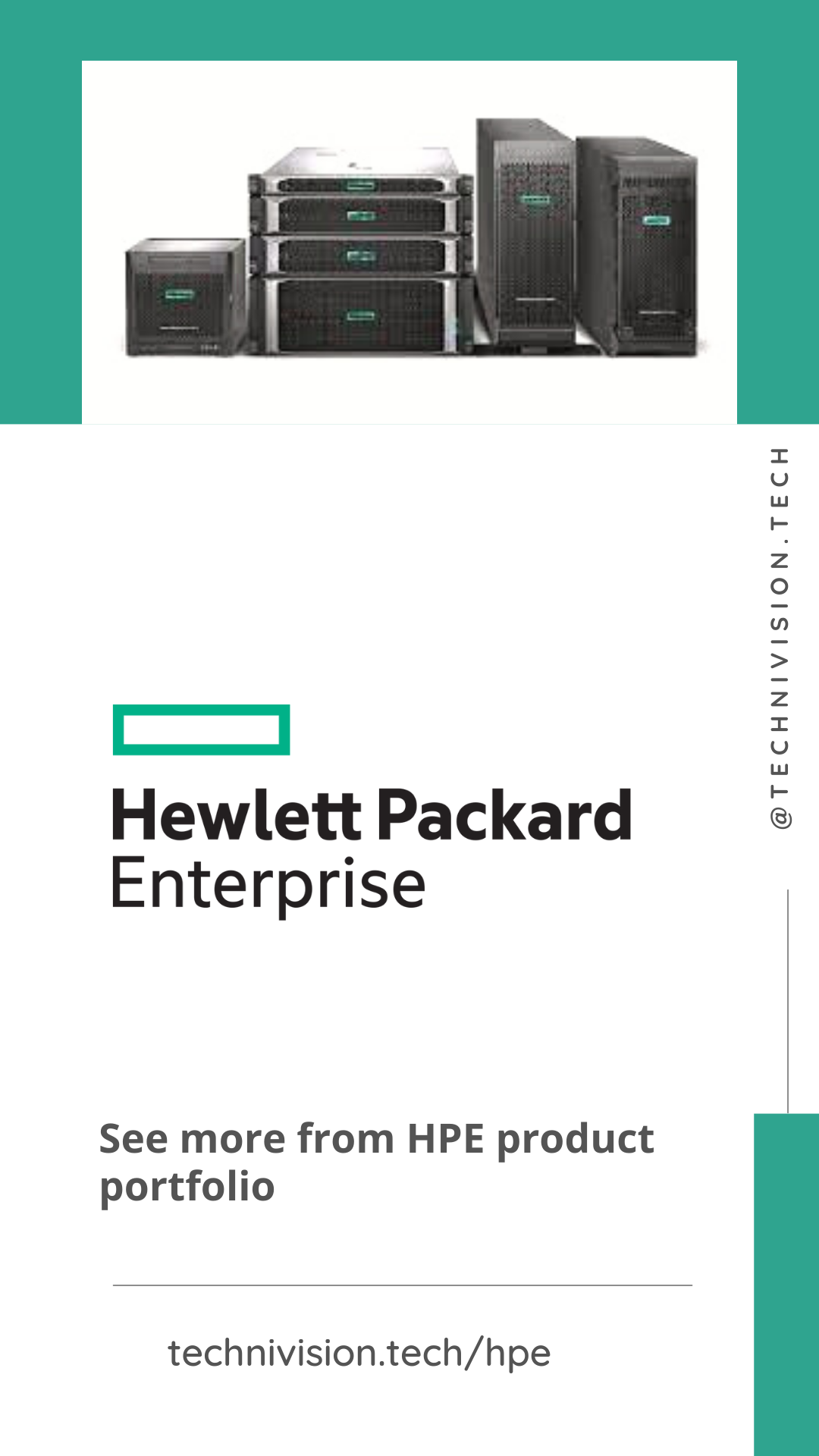There are no search terms available.
- Home
- Blog
- Learn with SUPPLITY
- Learn More About Firewall Software
Learn More About Firewall Software

Firewalls are a key aspect of network security. Firewall solutions are implemented to dictate incoming and outgoing network traffic using a mix of security rules created by the network administration team. By setting restrictions like access authorization and allowed/blocked websites, businesses create a barrier between their own protected network and untrusted external servers and sites
Learn More About Firewall Software
What is Firewall Software?
Firewalls are a key aspect of network security. Firewall solutions are implemented to dictate incoming and outgoing network traffic using a mix of security rules created by the network administration team. By setting restrictions like access authorization and allowed/blocked websites, businesses create a barrier between their own protected network and untrusted external servers and sites.
Firewalls can vary greatly in their complexity, but their overall purpose remains the same. Small businesses implement simpler solutions due to a smaller scope of protection and less overall data needing to be protected. In contrast, enterprise firewalls are typically extensive, with complex rule sets to protect hundreds of devices and huge quantities of data.
Key Benefits of Firewall Software
- Protection at network and endpoint levels
- Improved data security
- Event reporting and analysis
Why Use Firewall Software?
Firewalls are a core aspect of network security. In many ways the gatekeepers of network traffic, firewalls help prevent unwanted visitors into your network and also can prevent in-network users from accessing potentially dangerous websites or servers. Regardless of the size of a business, firewall software is an important step in protecting a business’ data and any devices on the network. As the digital age continues to evolve, the importance of using a firewall solution will grow significantly.
Who Uses Firewall Software?
Digital security teams are a company’s main users of firewall solutions. Particularly, network administrators will have the greatest control and use, since firewalls are, by design, targeted towards securing networks from undesired intrusions. Network management and network security usually take specific training, experience, and certification. This is what limits who has access to firewall software in a business setting.
Kinds of Firewall Software
Firewall software can be built for a variety of deployment options, each suited to a different need.
Hardware — Most options on this site will not provide hardware security as their main functionality (aside from securing individual endpoints), but some firewall solutions will have this functionality available as an offering.
Endpoints and Software — Endpoint and software firewalls will protect user devices and applications from malware and hackers. These are some of the most common firewalls available. Some of these tools will include a cloud firewall, but most cloud-focused tools can be found in our cloud security software category.
Virtual — Virtualized environments will be a little trickier since there are many variations and factors, but many firewall solutions can adapt to a range of virtualized environments. Some may focus directly on virtualized environments due to their more specialized needs for protection.
Firewall Software Features
Access Control — Firewall solutions act as the gatekeeper for network access to users and the internet. Access and authentication rules only allow authorized users to enter the network, and from there, they are restricted to whatever servers and websites are not filtered out.
Custom Restriction — With firewall software, network admins have the ability to dictate what websites and servers users on the network are allowed to access. This can be set strictly to block non-business-related websites, but it can also be used to block servers or IP addresses of known or potential threats.
Alerting — If an unauthorized access attempt occurs, firewall solutions will send an alert to network admins detailing the breach. This can help network admins understand potential threat sources, as well as who within a network may be trying to access sources they should not be.
Automation — Part of the benefit of firewall software is the ability to automate some of the more menial tasks of network administration. Firewall solutions can automate monitoring tasks and rule-testing, leaving time for administrators to focus on more pressing network issues and tasks.
Reporting — Reporting can be an incredibly helpful component to a company’s security practices. Some tools will document all kinds of historical data, from logins and access points to penetration attempts and security failures, but others provide little documentation for a network’s security history. If a business has a dedicated security staff, consider getting the tightest security for sensitive data, and invest in a solution with in-depth reporting features that provide insight on vulnerability points, event outcomes, and unapproved access attempts.
Additional Firewall Software Features
Integration Capabilities — Check prospective products’ integrations lists to see how they match up with your company’s existing IT strategy and software. Various integrations and plugins can provide a vast array of needed functions, from device support and content filtering to data integration and dashboards. Other tools may help security staff build custom dashboards to improve monitoring and reporting. Content filtering is another integration that can prevent users from accessing unapproved websites or visiting dangerous links hidden in emails.
Trends Related to Firewall Software
Next-Generation Firewall (NGFW) Solutions — NGFW solutions are the newest and most all-encompassing firewall solutions available. They provide increased inspection and filtering capabilities to improve reporting and restrict unauthorized access. These tools use features like packet filtering, traffic inspection, and identity management integration. They are likely more expensive than traditional firewall solutions but may equal out in cost through their improved threat prevention.
Firewalls and Artificial Intelligence (AI) — AI and machine learning have been invaluable integrations into a variety of security software, most heavily in threat intelligence and detection. Companies are experimenting now with AI integration into firewall solutions as a more proactive and evolving threat defense that provides greater overall network security.
Potential Issues with Firewall Software
Range of Devices — This era has made the bring-your-own-device (BYOD) practice incredibly popular for businesses of all sizes. The range of laptops, tablets, phones, and other smart devices raises a number of vulnerability concerns. When looking into firewall solutions, be sure they support the range of devices used. If there are a few missing, consider enforcing stricter BYOD guidelines to allow only approved devices. If a company doesn’t practice BYOD, be sure the devices distributed to employees are supported by any potential firewall solutions.
Over-Restriction — Firewall solutions allow network administrators to set as strict or relaxed policies as a business would need. But tightening the reins with firewall solutions, while more secure, can also potentially inhibit the ability to perform certain business needs by shutting off access to certain servers or web domains. Be sure that, when implementing a firewall, restrictions do not become inhibitors of productivity.
Outdated Security Measures — Port-based rules built on firewalls are becoming particularly difficult to enforce in the digital age. Applications and traffic now use SSL or default to any open port to make connections, which makes older port-based rules futile. When implementing firewall solutions, consider taking a more broad approach to security rules and not constructing as many rules focused on specific port traffic.
Software and Services Related to Firewall Software
Secure Email Gateways Software — Secure email gateways and secure web gateways help limit user access to dangerous content. This could mean protecting against anything from risky websites to phishing emails. Some firewall solutions provide or integrate with secure gateways, but many don’t. Since human error is most often the cause of security failures, consider these features to limit potentially hazardous content from accessing the network.
Web Application Firewall (WAF) Software — In a similar function to a standard firewall, WAF solutions focus specifically on protecting interactions that go through web applications. Some firewall solutions may natively include this functionality, but others leave this function for dedicated WAF solutions to handle.
Identity Management Software — Many firewall tools integrate with identity management software to help manage access better. This includes options like single sign-on (SSO) and multi-factor authentication as ways to ensure only authorized users are able to access information.
- Learn with SUPPLITY (3)
-
Articles
(35)
- Cyber Security (3)
- Tech Infrastructure (1)
- Internet of things (2)
- Cloud Solutions (1)
- Bigdata (1)
- HPE Greenlake (1)
- Digital Transformation (1)
- News & Events (11)
- GLOSSARY (0)








